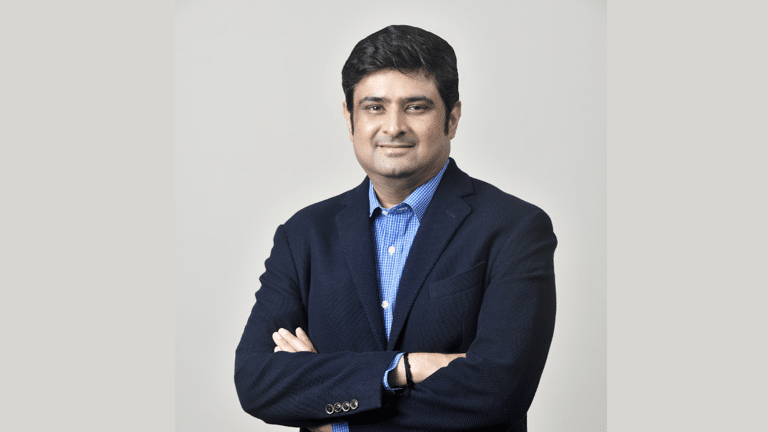Recalibration of Companies Due to Cap on Management Expenses

The Insurance Regulatory and Development Authority of India (IRDAI) has introduced a new regulation that caps management expenses for insurers at 30% of premium income. This change is prompting companies to reassess their business strategies, according to Anup Rau, CEO of Future Generali India Insurance. In a recent interview, Rau discussed the implications of this regulation, highlighting both the challenges and opportunities it presents for the insurance sector, particularly in the realm of retail health insurance.
Impact of Regulatory Changes on Insurance Pricing
Rau noted that the new management expense cap is leading to a softening of rates in the wholesale health insurance market. Insurers are increasingly inclined to pursue low-commission business to expand their retail portfolios, which has resulted in more aggressive pricing strategies in group health insurance. Rau expressed optimism about the regulation, stating that it ultimately benefits customers by ensuring better value. Future Generali is focusing on retail health, where Rau believes there is significant growth potential. The company has outpaced industry growth rates, and Rau affirmed their commitment to continued investment in this area.
In addition to focusing on retail health, Future Generali has reduced its exposure to crop insurance, which previously constituted a significant portion of its business. The company has scaled back this line to under 10% due to concerns about risk management within the existing framework. Rau explained that the “cup-and-cap” model, which involves clawing back profits and subsidizing losses, distorts pricing incentives and complicates effective risk management.
The Case for Specialization in Insurance
Rau discussed the potential benefits of allowing composite insurance companies but emphasized the advantages of specialization. He pointed out that standalone health insurance companies have generally experienced faster growth compared to diversified insurers. These specialized firms benefit from distribution advantages, as they can engage with life agents without the need for additional licensing. Rau believes that Future Generali’s strength lies in its claims execution and backend systems, which prioritize fair and prompt claims settlement over the lowest prices or highest commissions.
The company is also supporting the development of “Bima Sugam,” a digital platform aimed at enhancing the insurance ecosystem. Rau is optimistic about the platform’s potential, suggesting that it could improve efficiency and create a more enabling environment for the industry. He highlighted the importance of shared infrastructure, such as common hospital enrollments and provider networks, which could help negotiate better rates for customers.
Technological Advancements and Operational Efficiency
Rau acknowledged the challenges posed by the unregulated nature of private healthcare pricing, which can lead to disparities in costs between insured and uninsured individuals. He believes that a unified platform like Bima Sugam could address many of these issues. While agents may utilize the platform, they will still choose companies based on their comfort level with management, claims processes, and product understanding.
Rau emphasized that the real transformation in the insurance sector lies not just in customer-facing interfaces but in the underlying infrastructure. He envisions a system where agents can sell products, register claims, and access networks seamlessly through a single platform, significantly enhancing the customer experience. Future Generali is investing in upgrading its core systems to support this vision, although Rau cautioned against the misconception that technology inherently leads to cost savings.
Future Growth and Market Position
Despite the challenges associated with technological investments, Rau sees value in the capabilities that digitalization can provide, such as improved decision-making and handling of complex situations. Future Generali is also exploring innovative models in the health ecosystem, welcoming new entrants that test different approaches. Rau noted that these experiments could have a positive impact not only on individual companies but on the entire sector.
The company’s operational metrics reflect its successful strategy, with a solvency margin of 196% and one of the best combined ratios in the industry. Rau reported that Future Generali has moved up in market rankings, now positioned among the top 10 general insurers, and has achieved a compound annual growth rate (CAGR) of 21% over the past five years, compared to the industry average of 15%. Rau concluded that Future Generali’s focus is not solely on scale but on effective execution, with a clear path to deepen its presence in the retail health market.
Observer Voice is the one stop site for National, International news, Sports, Editor’s Choice, Art/culture contents, Quotes and much more. We also cover historical contents. Historical contents includes World History, Indian History, and what happened today. The website also covers Entertainment across the India and World.
Follow Us on Twitter, Instagram, Facebook, & LinkedIn

